The far-right is pushing to radicalise young teenagers in the UK by producing white supremacist school curriculums for lockdown learning. They are also using the game creation system Roblox to recreate playable versions of infamous far-right atrocities like Anders Breivik’s attack and the mosque shootings in New Zealand. Even worse, it seems to be working; so many teenagers have been drawn in that the police are starting to find teenage leaders of neo-Nazi groups. Recently they found one group led by a 15 year old whose entire membership consisted of children.

So what
This seems to be a deliberate exploitation of the search for meaning and belonging that many teenagers naturally embark upon. Teenagers’ vulnerability to these tactics is being exacerbated by the pandemic. Many are living increasingly isolated, very online lives with a lack of contextualising life experience to help them navigate online misinformation and avoid dangerous ‘rabbit holes’. Young teenagers are perhaps not digital natives, but digital naives.
Another factor could also be that traditional societal sources of meaning and belonging are at low ebb (such as religion) with not much replacing the vacuum. There are perhaps parallels here with recruitment strategies used by other extremist groups such as Isis. Could this be a potential long term problem and a symptom of a wider crisis of meaning? And if so, what might counter this?
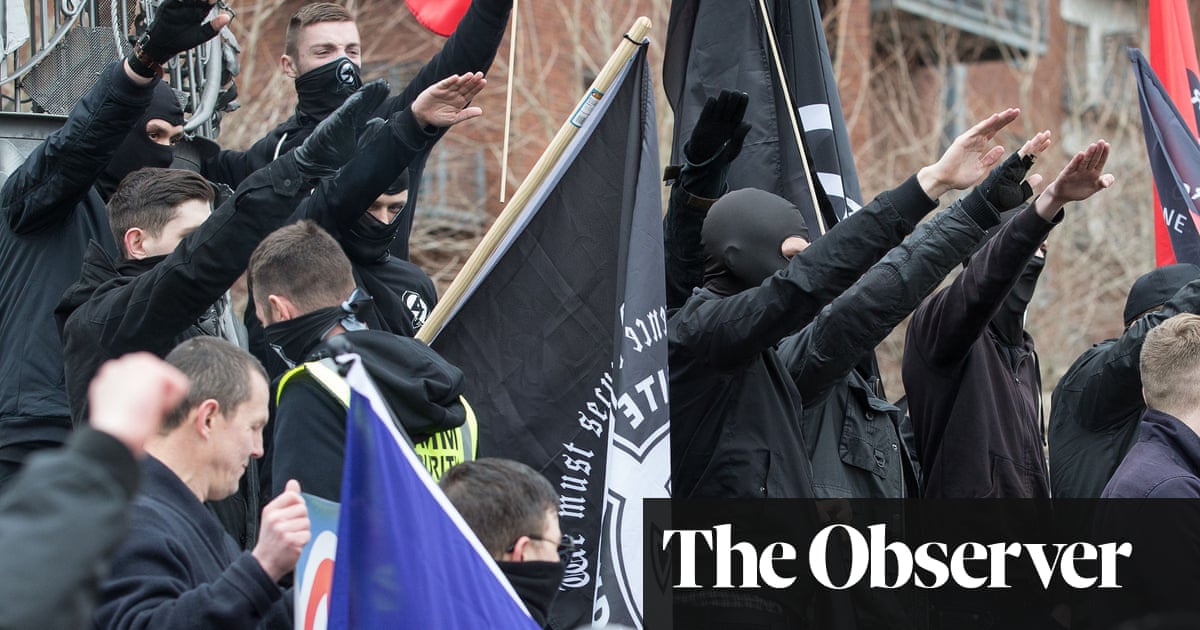

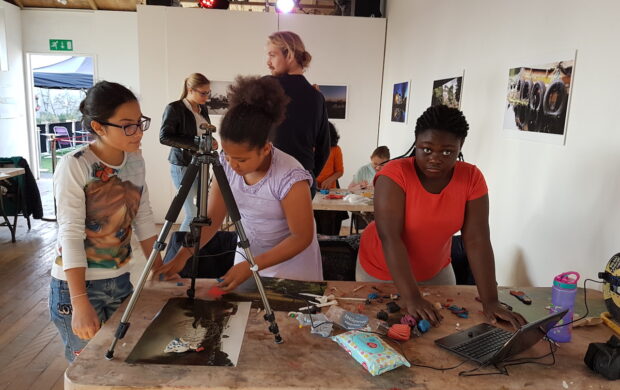



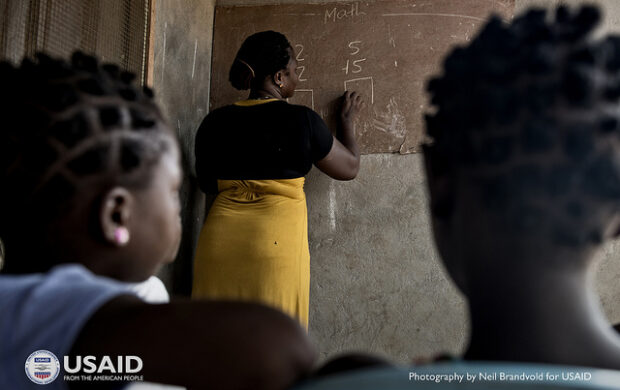




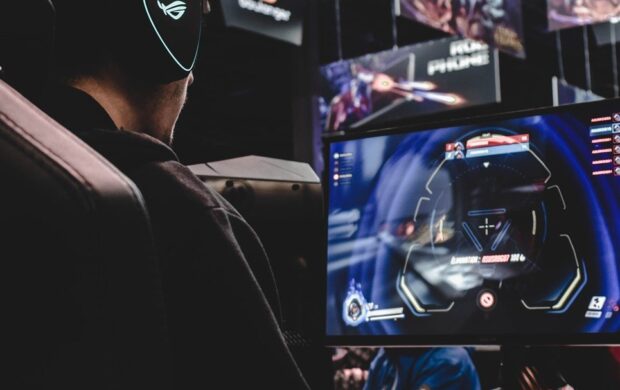
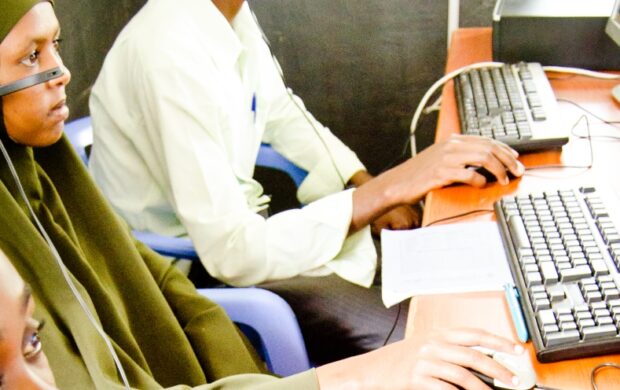






Join discussion